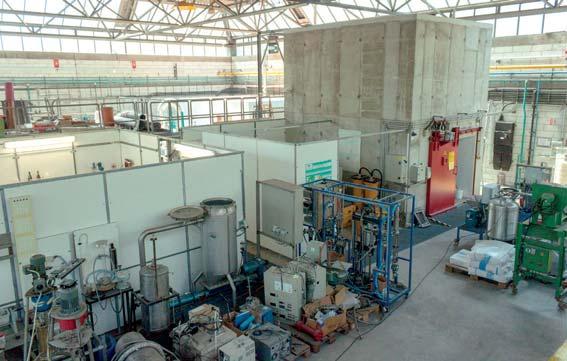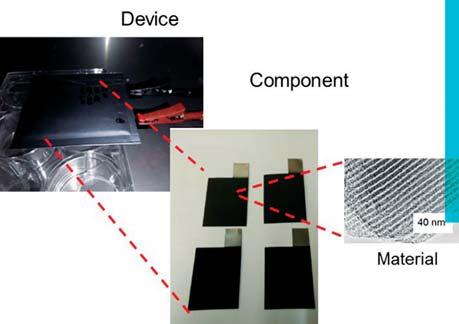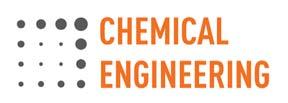
2 minute read
Chemical Engineering Research Unit – Liege University (ULiège) Working towards sustainable transformation processes
by 5rXobdlLrFp
Created in 2016 from 3 laboratories, the Chemical Engineering Research Unit comprises 65 people including 9 academics, 3 permanent scientists and about twenty PhD students. It uses chemical engineering and process engineering to design sustainable processes for transforming material, energy, microorganisms and living cells.
With an annual operational budget of between €4m and €5m (with 43% coming from public research contracts and 18% from services provided to manufacturers) the Chemical Engineering Research Unit relies on its 3 founding groups (NCE - Nanomaterials, Catalysis, Electrochemistry -, PEPs - Products, Environment and Processes - and CRYO - Cryotechnology) to carry out its work around 5 main themes: energy (optimisation of production and storage processes), the environment and natural resources (Life Cycle Assessement), engineering innovative materials (powders, films, etc), health (design of bioreactors for vaccines and medicines, production of active properties from microalgae etc.) and space (management of cryogenic fluids).
Advertisement
Chemical Engineering Building
© UR Chemical Engineering / ULiège
Drawing on its versatility, the Chemical Engineering Research Unit invests in large research projects like the INTERREG project, IMPROVE-STEM. It contributes its expertise in the area of experimental design/modelling/characterisation of reactors for the development of bioreactors for large-scale culture of stem cells for therapeutic applications 1 . The research unit is also involved in the project ENSO (Energy Smart Objects for releasing onto the market micro-sources of energy for autonomous, connected and safe electrical objects 2 ), the INTERREG Phos4You project, which aims to prove the feasibility of recovering phosphorus from waste water and treatment plants 3 , the CORNET project, AOP-Ti (evaluation of photocatalytic advanced oxidation process for the elimination of micro pollutants in treatment plants of municipal and industrial waste water) and the project FRITCO2T, an internal collaborative platform of ULiège that brings together the expertise of the Liege Region for the use of CO 2 as a resource: polymer, fuel, construction material 4 , etc.
1 https://www.chemeng.uliege.be/cms/c_2912735/fr/chemical-engineering-improve-stem 2 http://www.enso-ecsel.eu/ 3 https://www.chemeng.uliege.be/cms/c_2676450/en/chemical-engineering-recoveryof-phosphorus-from-sewage-sludge 4 https://www.chemeng.uliege.be/cms/c_3068316/fr/chemical-engineering-fritco2t
The Chemical Engineering Research Unit has developed longterm partnerships with major plants like Prayon, the largest chemical company in the Liege Region (for the design of materials mainly for batteries), and GSK (for optimising the concept of bioreactors in vaccine manufacturing). It also collaborates with the materials manufacturer, Knauf Insulation, for which it develops environmental product declarations (EPD) that show the environmental performances of products.
These collaborations with the manufacturing world have allowed the Chemical Engineering Research Unit to develop a keen awareness of the challenges that researchers face. The mobilisation of CO 2 as a resource, the management of electrical networks and research on batteries to mitigate the intermittence of renewable energy sources, hydrogen as an energy carrier or the power to fuel are among the avenues to be explored. More generally, sustainable chemistry is the real challenge, with all that this implies in terms of processes that would be more respectful of the environment and resources, the end of life of products, recycling and energy intensification of processes to make them more efficient and less polluting.
Materials test for batteries and supercapacitators


UR Chemical Engineering ULiège Quartier Agora - Allée du 6 Août 11, B6 B-4000 Liège1 (Sart Tilman) Tel.: +32 (0)4 366 44 36 E-mail: secretary.chemeng@uliege.be https://www.chemeng.uliege.be/cms/c_2275100/fr/ chemical-engineering-portail










